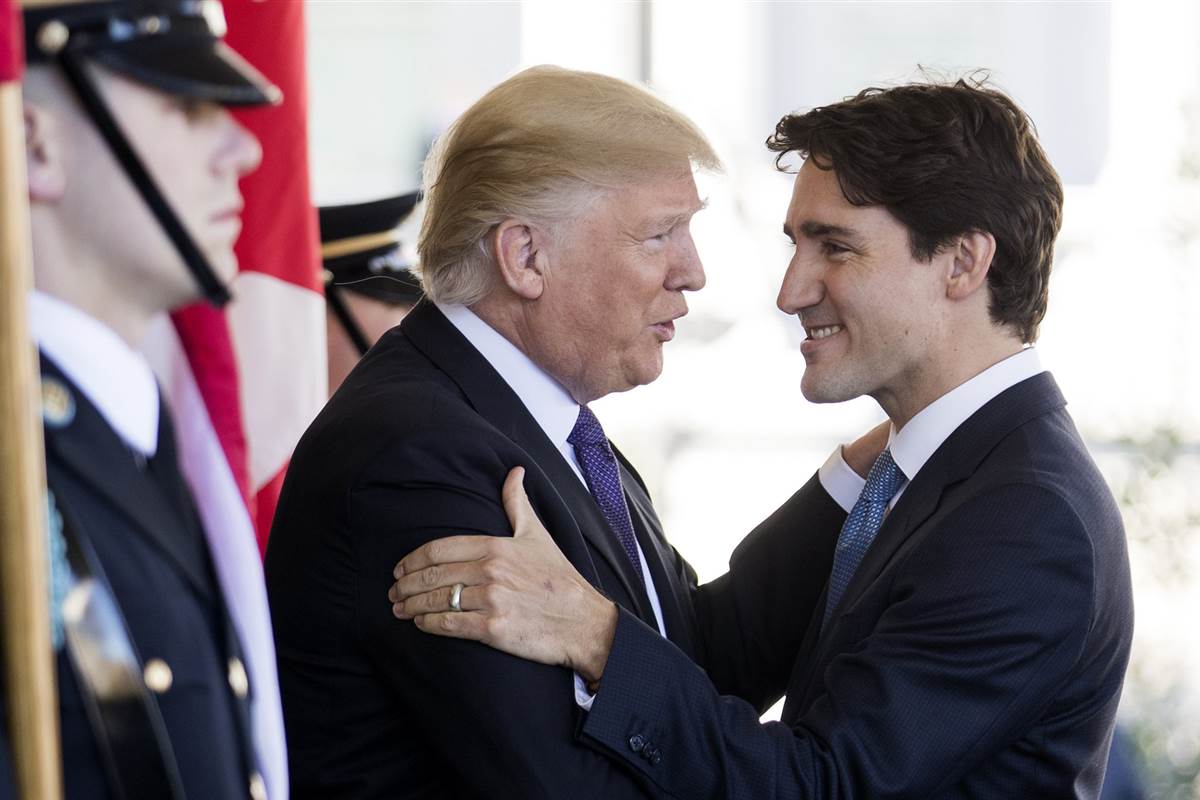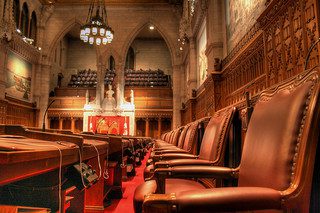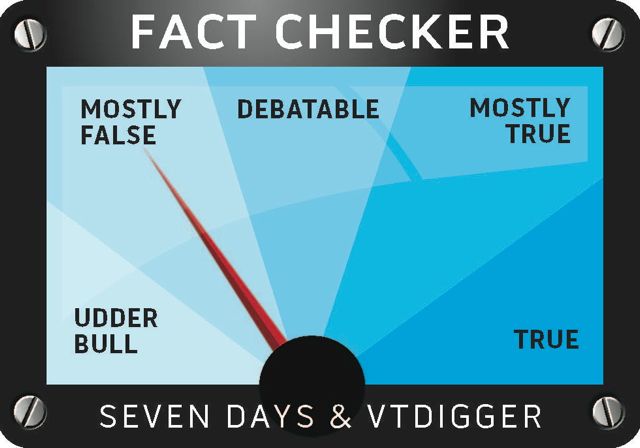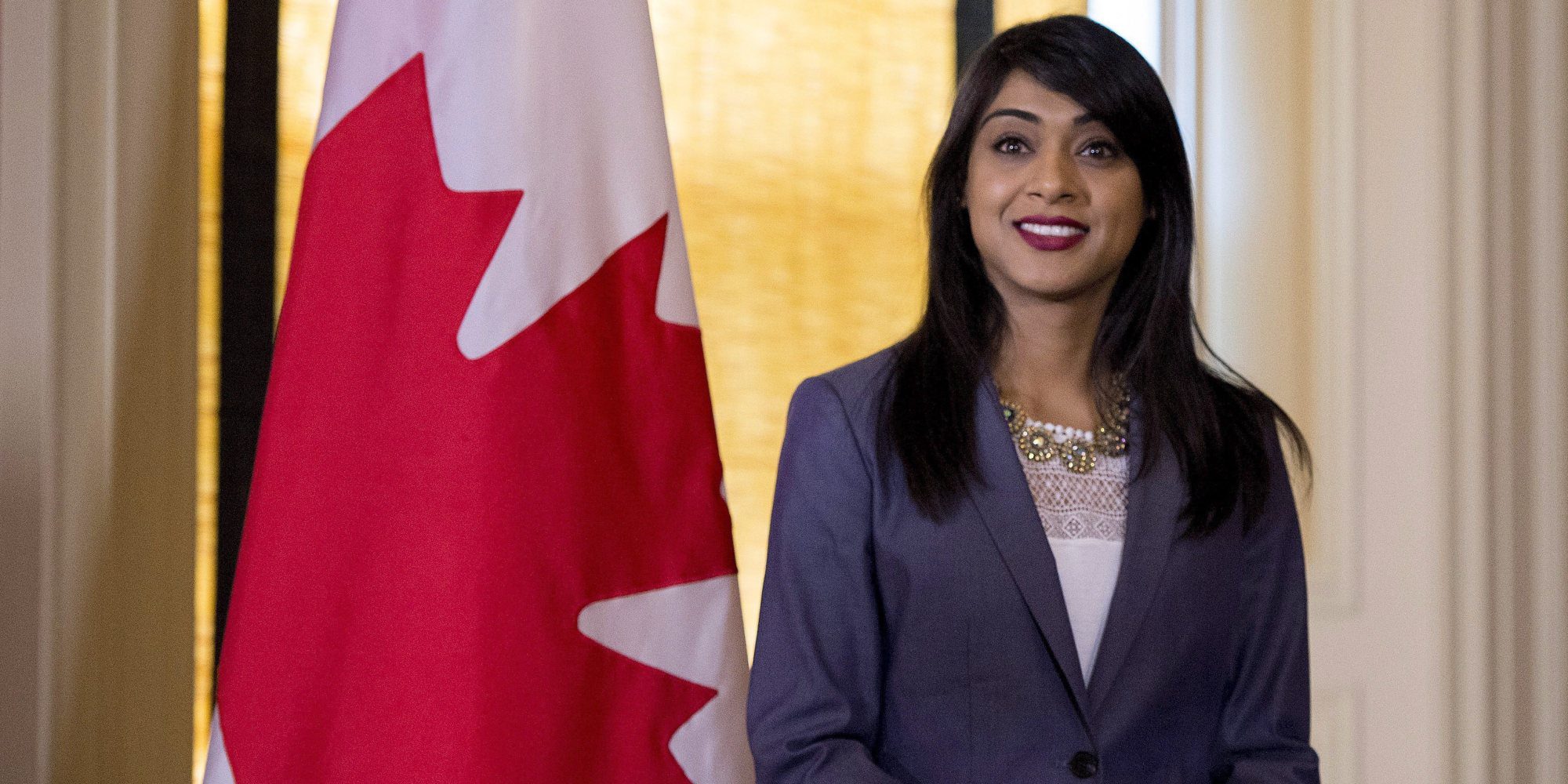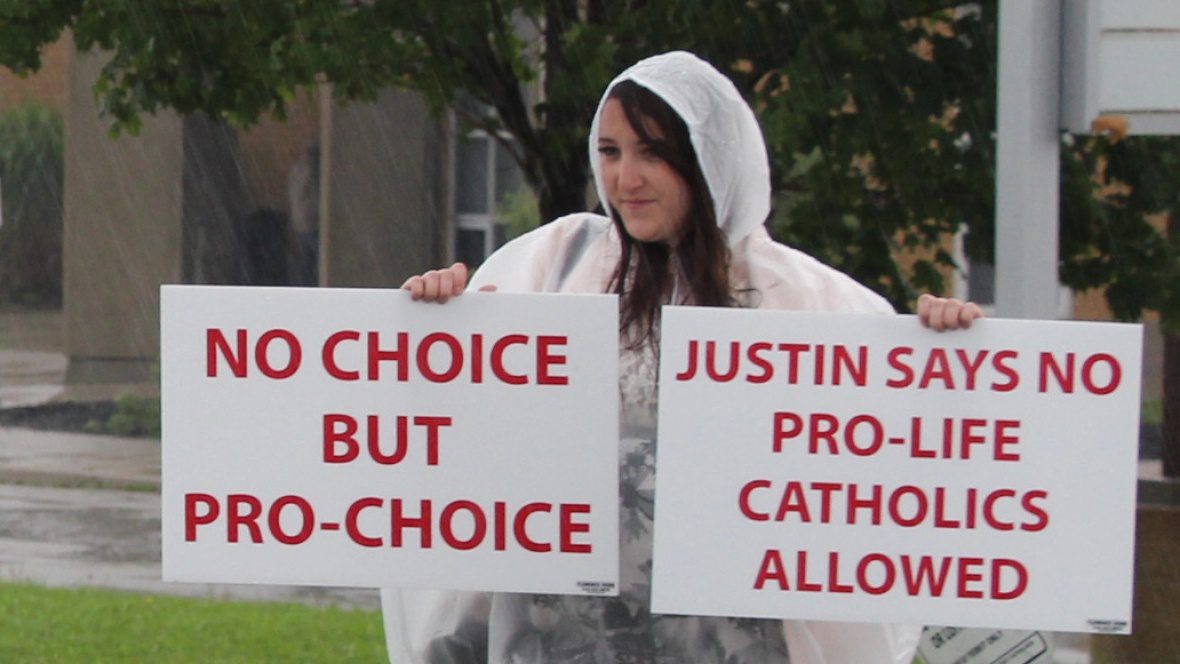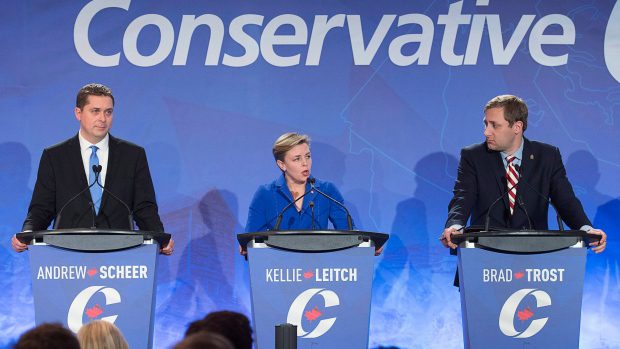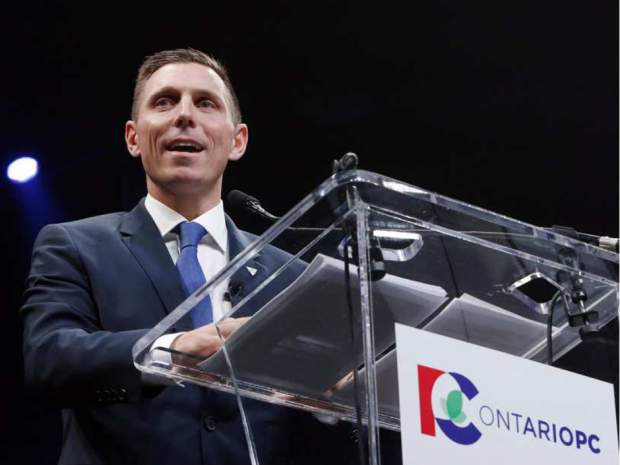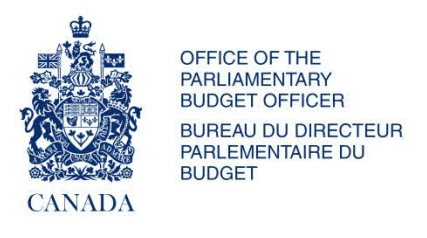Once the dust settled a little in the aftermath of Thomas Mulcair being shown the door by Convention delegates in Edmonton, New Democrats had to set the rules on how to elect a new leader. Convention, in its wisdom, decided to suspend the party's Constitution in order to allow the party to have up to a two year leadership race. The final decision about the timing and other rules rested in the hands of the NDP's Federal Council. At the time, two visions were proposed in regards to the timeline: a traditional timeline of around 6 months, in line with the 2012 and 2003 NDP leadership races, or a longer race. One of the main arguments put forward by those who wanted a longer race was that the party needed to bring in fresh blood, and that a longer race would allow outsiders to step up.
At the time, I didn't think this argument made sense. I agreed with Bob Gallagher, former chief of staff to Jack Layton, who stated that Layton would never have entered a two year leadership race. He felt that such a lengthy contest was actually putting outsiders at a disadvantage, as they couldn't rely on an MP or MPP paycheque while they were campaigning. Indeed, the need to fundraise your own salary, on top of everything else needed for a leadership bid, would add extra pressure to your campaign. In the end, NDP Federal Councillors disagreed and set the party on a 12 month timeline, which will culminate in a new leader being elected a full 18 months after the Edmonton Convention.
At first, it seemed that we would be proven right: no outsiders were stepping up. MPs Peter Julian, Charlie Angus, Niki Ashton and Guy Caron launched their respective bids for the NDP crown. Another potential candidate actively organizing is MPP Jagmeet Singh, also Deputy Leader of the Party in Ontario. Not exactly an outsider.
Enter Pat Stogran, ready to shake things up.
Stogran is a retired Colonel of the Princess Patricia's Canadian Light Infantry. He was the first commanding officer of Canadian soldiers in Afghanistan. He later became Canada's first Veteran's Ombudsman and became an outspoken critic of the Harper government.
It is not Stogran's first foray into politics. In the early stage of the 2011 campaign, Stogran flirted with the NDP, appearing beside Jack Layton at a campaign event in Halifax. A few days later, however, Stogran was endorsing the Progressive Canadian Party and its leader, Sinclair Stevens, a move that puzzled and disappointed Layton.
Yet, here we are today.
With his no-nonsense approach, he sure doesn't match the profile of the other NDP leadership candidates. Don't expect him to go on stage with the others and agree with them on most things, as we have seen the others do in the first two debates. He will speak his mind. He will not hold back. This means he will likely get in trouble, but I doubt that he cares about that. "I want to break the system," he said when he announced his candidacy. Conservatives and Liberals? "It's just the same old garbage in a different-coloured bag." Many New Democrats agree.
This kind of populism has worked elsewhere. There is an appetite and a market for that kind of politics. Anti-politicians are all the rage, in the US, in the UK, in France. For a while, it looked like Conservative Party members were going to pick Kevin O'Leary. But his lack of french was just too much to overcome, and O'Leary pulled out in favour of Mad Max Bernier. How's Stogran's french? "Outstanding," he told Don Martin on CTVs Power Play a few weeks ago. Still, Pat Stogran's candidacy is a long shot.
Many New Democrats wanted a long leadership contest to encourage outsiders to jump in the race. They have one now. The question is, what will they do about it? Will their put their money where their mouth was?
Photo Credit: The Toronto Star







